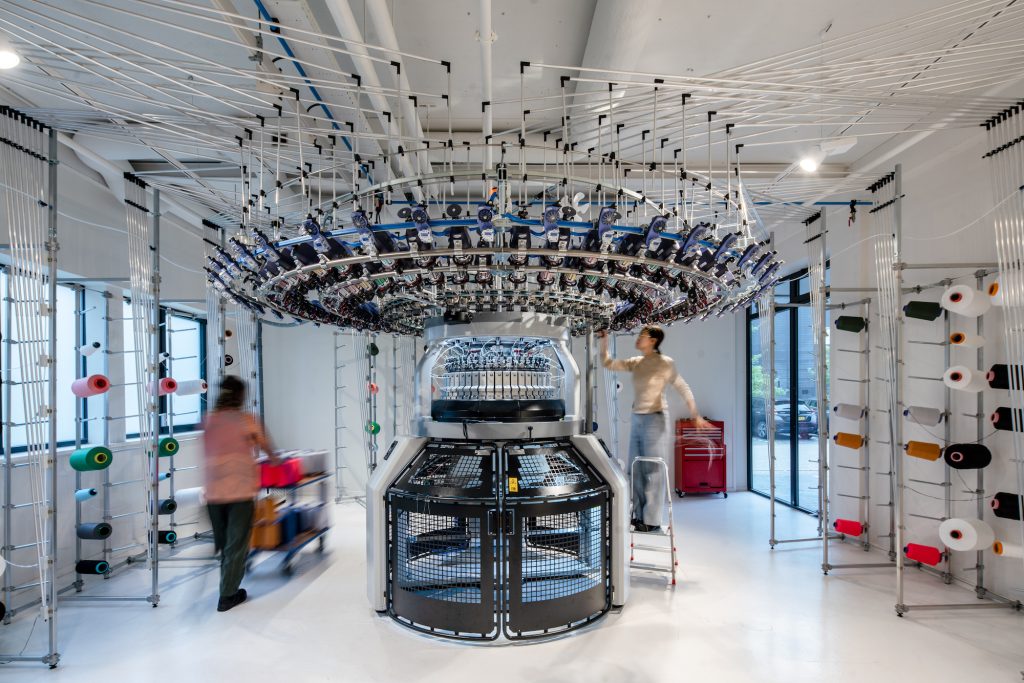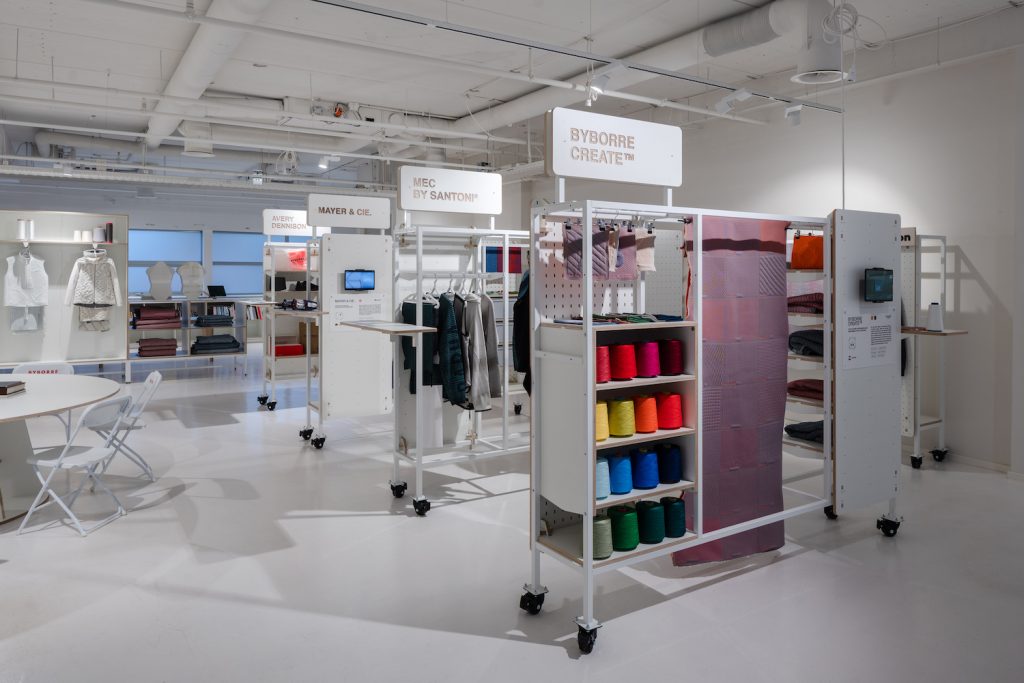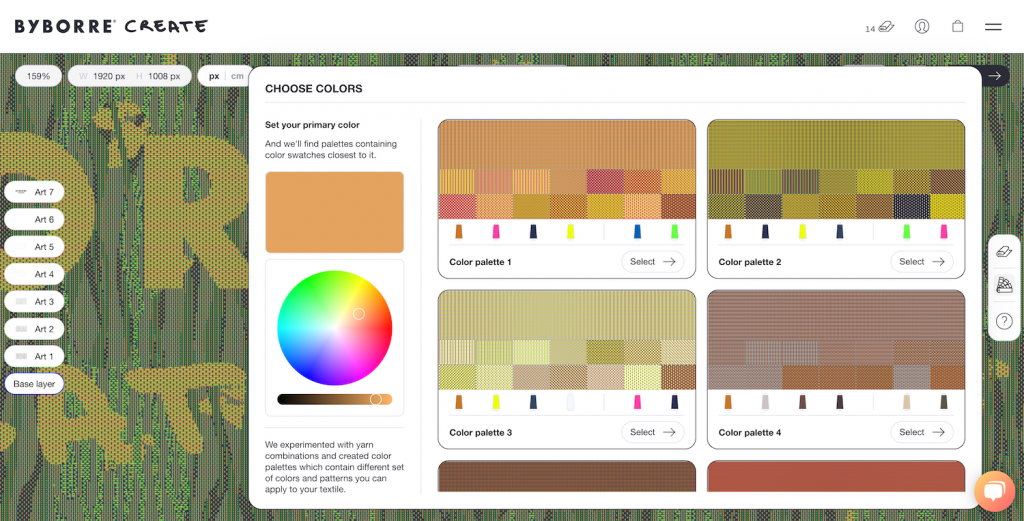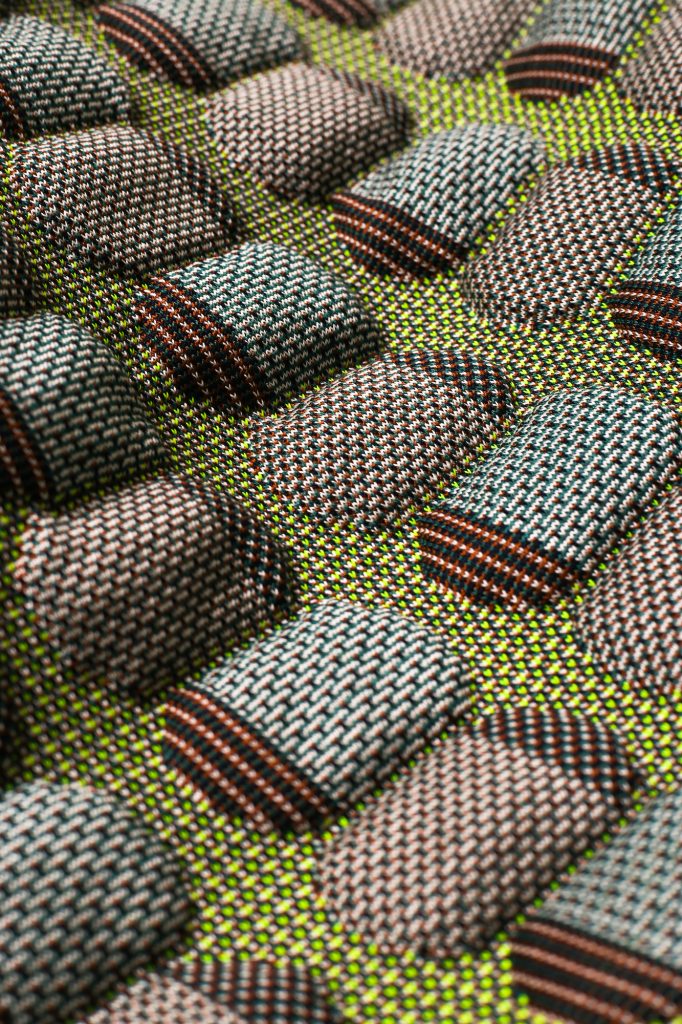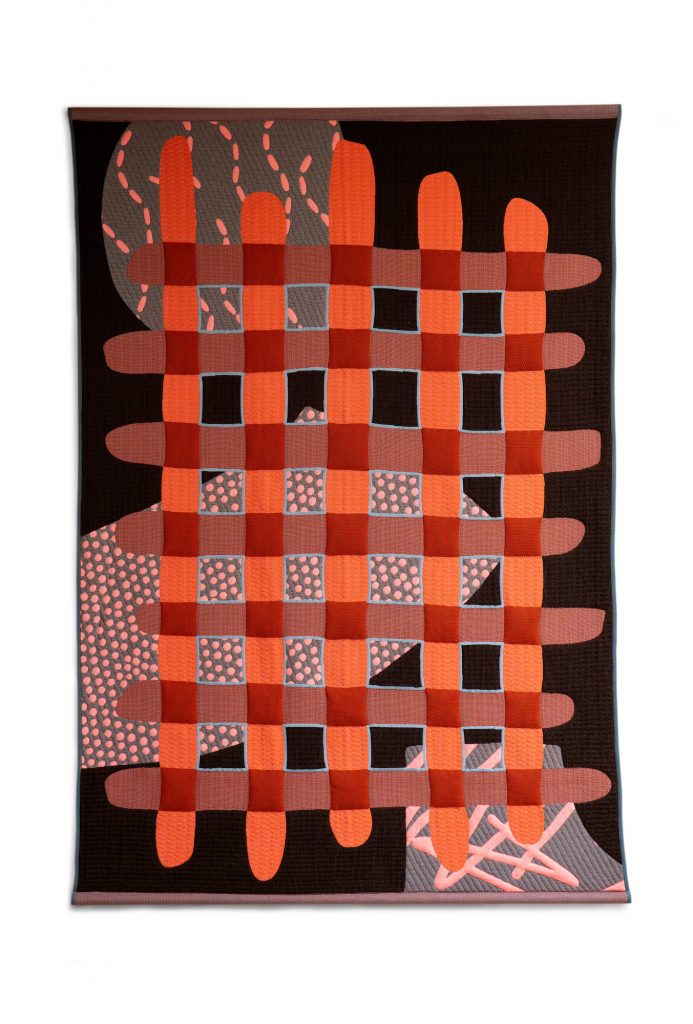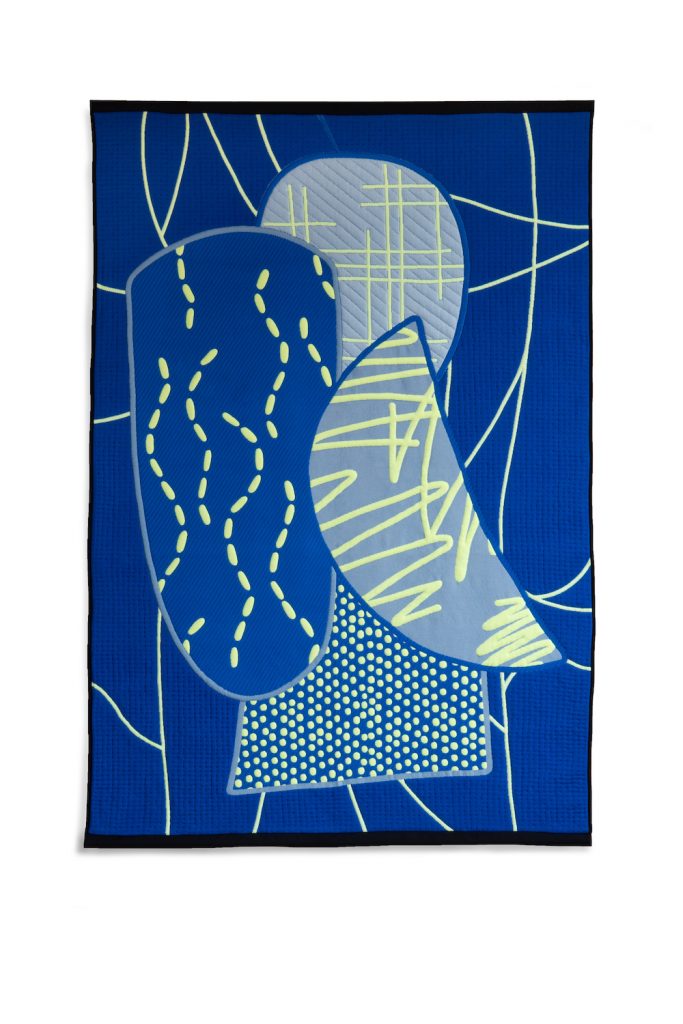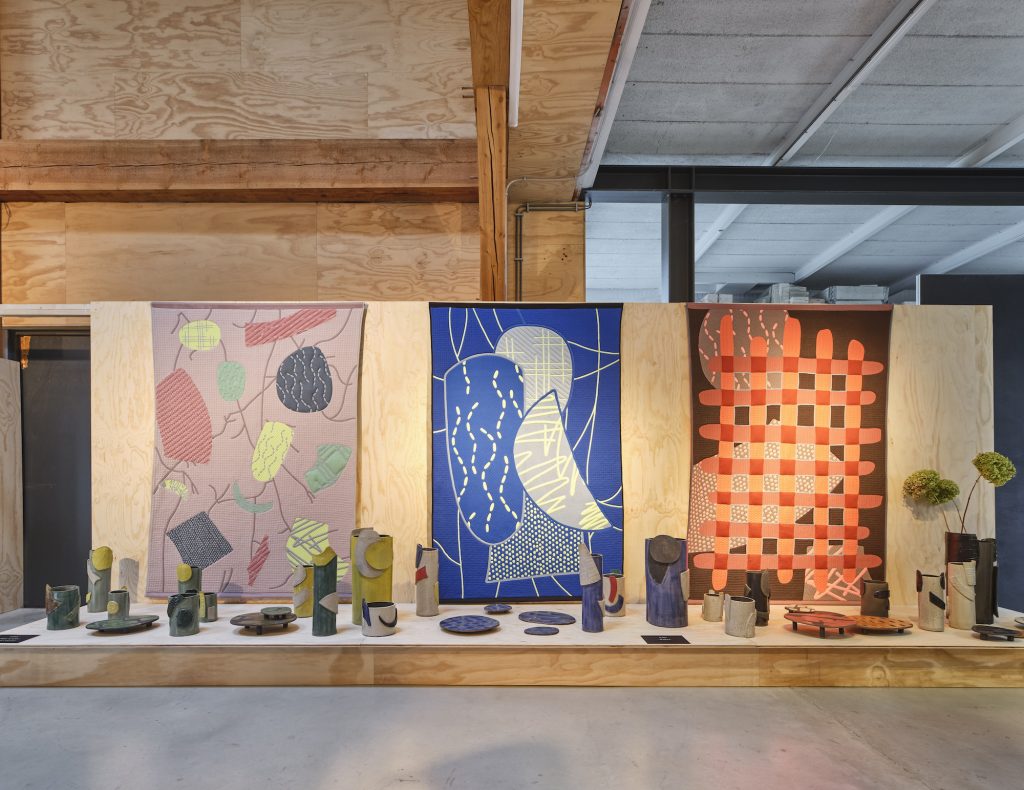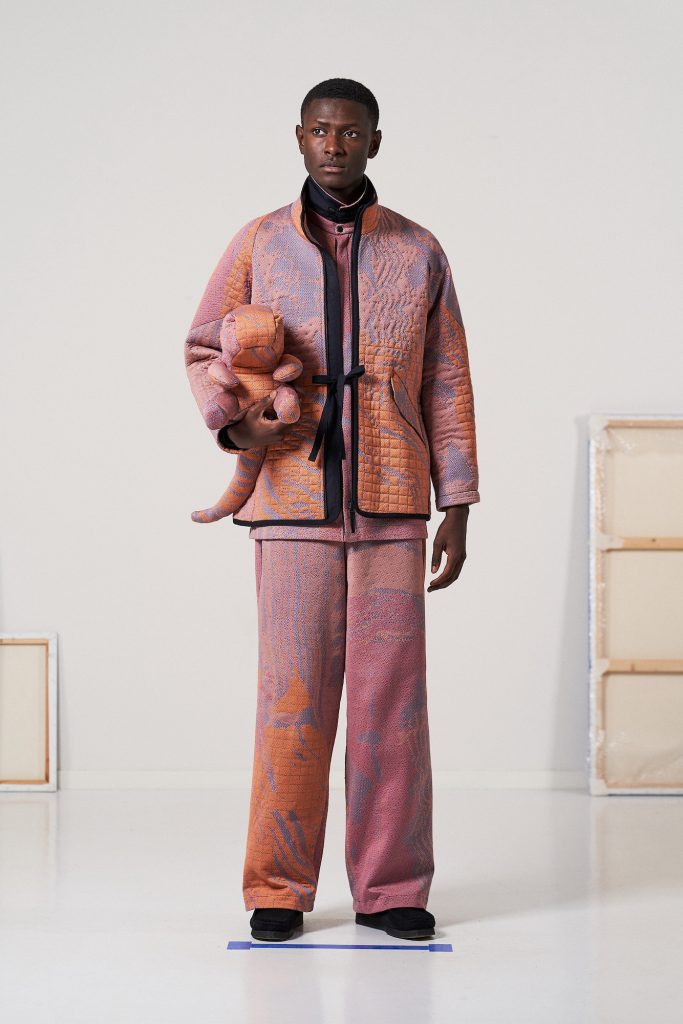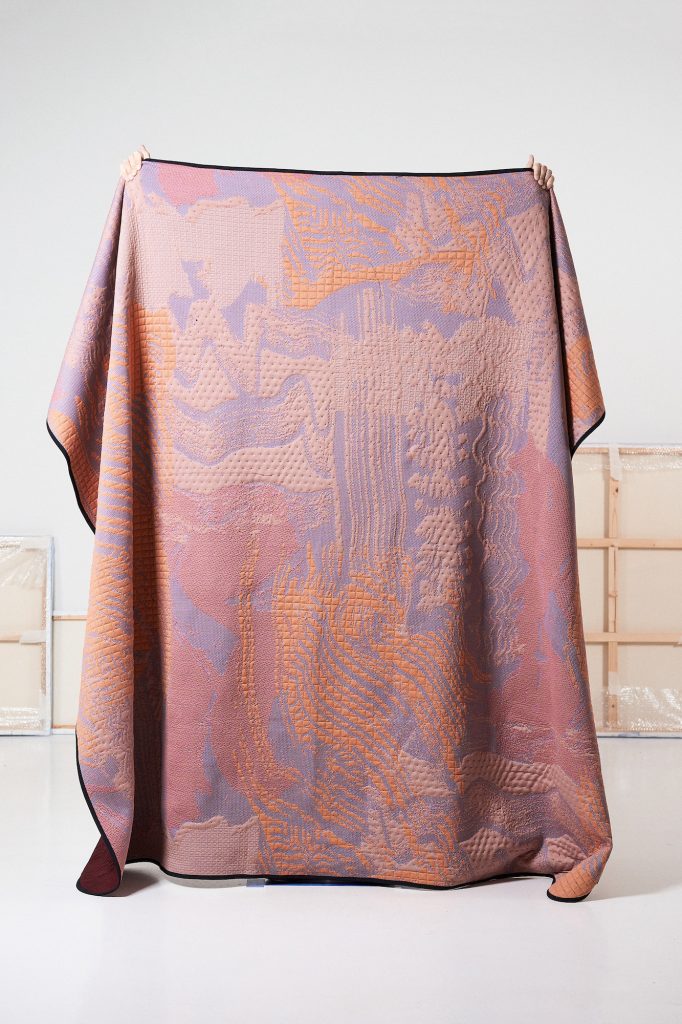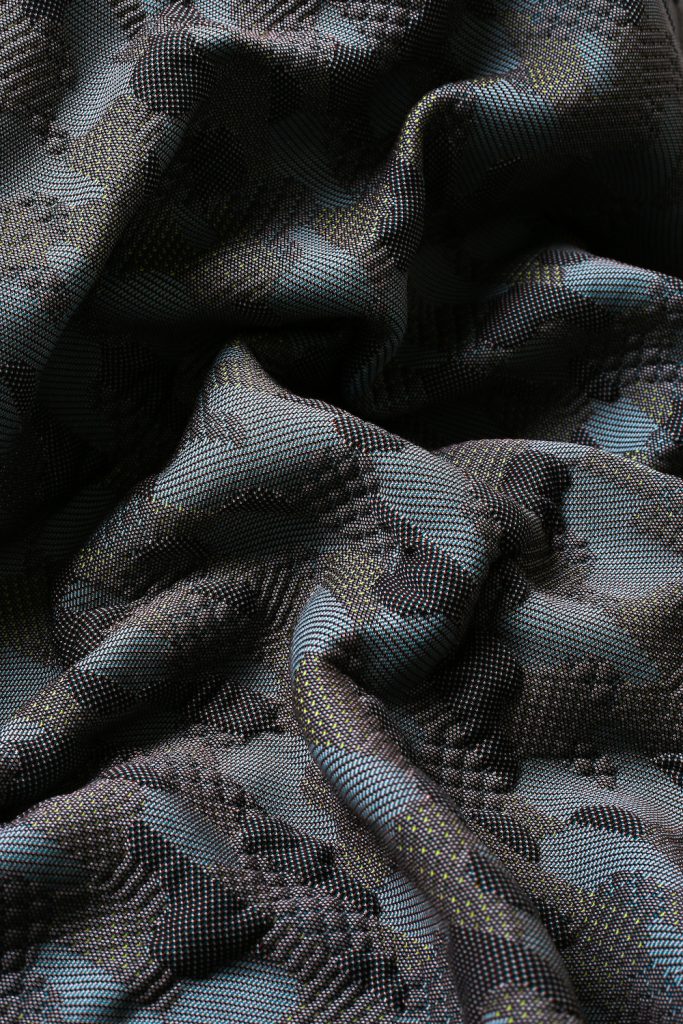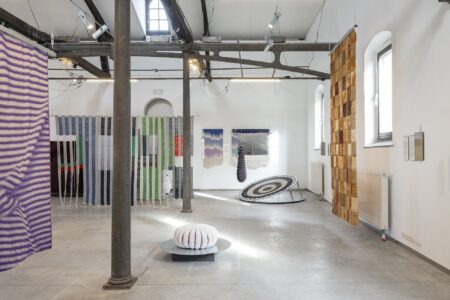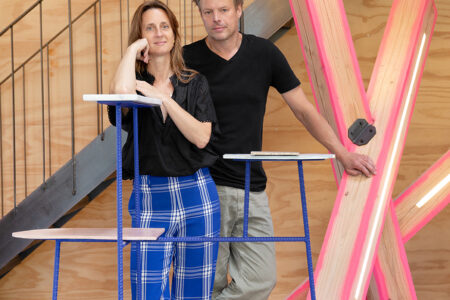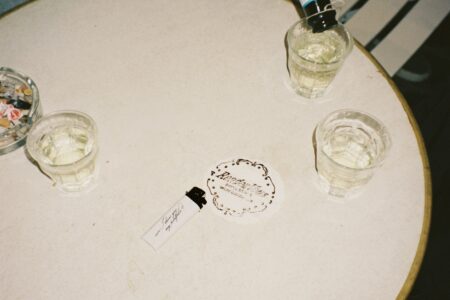BYBORRE: The Next Generation Textile Design
TLmag spoke to Borre Akkersdijk, the designer and entrepreneur behind BYBORRE, the innovative company that is changing the way textiles can be made.
“Creating access and making responsible textiles,” states Borre Akkersdijk, founder of BYBORRE, is one of the main purposes of the Amsterdam-based textile company/open-source platform that is revolutionizing not only who can have access to making textiles but how they are made as well.
Akkersdijk first became interested in materials and textile production while a student at the Design Academy in Eindhoven, where he began learning about the different elements involved in textile production, from the machines – weaving to knitting to circular knitting – to the details involved in the supply chain itself, including the yarn suppliers and the factories. He instantly realised the barriers faced by smaller brands and independent creatives to design and produce textiles, as it was an opaque industry focused on volume and demand over ideas. While working as a consultant, he became known for pushing the boundaries of innovation as well aesthetics in textile design, working, as he describes it, “as a translator between the machine, the technician, the design as well as the company.”
Questions such as “How can textile be a type of service or how can you use the medium of textile and have access to it,” led the designer, innovator and entrepreneur to launch BYBORRE in 2016. His business partner, who came from the tech world, saw the potential of using software to help navigate the process of making textiles, and finding solutions for it to be smoother and more accessible. “Today, anyone with an idea and who knows photoshop or illustrator can design and develop their own project,” says Akkersdijk. “We want everybody to have access to a responsible supply chain, so creators have control over yarn selection and their textile’s aesthetic,” he says. People can do this using BYBORRE’s Create platform on their website, which is very user-friendly taking the user on a step by step textile creation journey, but they can also work with BYBORRE’s in-house consultancy, working with experts who can push forward the ideas and objectives of the maker.”
Akkersdijk sees the synchronicity in collaborating with independent designers, such as Kiki van Eijk, who recently made a line of “Raku” blankets with BYBORRE Create that was inspired by her raku ceramics and which were exhibited at the 2022 Dutch Design Week in Eindhoven, but he also appreciates the possibilities of working with bigger brands and companies as it pushes those brands to become more responsible, more innovative and more transparent, thereby creating a bigger impact on the industry and the environment. BYBORRE has worked with the automotive industry including BMW and Mclaren, as well as interior brands such as Natuzzi and Herman Miller, and fashion brands including Adidas, Palace and smaller Japanese brands including Porter, among others. BYBORRE also has its own line of textiles that are responsible and easy to use for small designers or large companies and are available to purchase directly from their website.
“Democratizing responsible textiles means to constantly push our textile and machine innovation to improve its accessibility – to contribute to this industry-wide transition also means we scale as a company to make sure we create a lot more impact,” notes Akkersdijk.
Akkersdijk wants BYBORRE to inspire the new generation and generations to come to make their own textiles sustainably. Another way the company is doing that is through their Window of Textile Opportunities or WoTO project, which is a physical translation of their supply chain. From needle makers to yarn suppliers, each has a space in the Amsterdam showroom where anyone can come and meet the various players in the supply chain. WoTO also offers panel discussions, symposiums, and workshops about topics related to the industry – from traceability to digitalisation. The democratizing of textiles is clear in their vision and their users, which includes university students to new direct-to-consumer brands, whose vision of transparency is perfectly shared with BYBORRE, to the big brands who are embracing this change as well.
The company is constantly innovating and collaborating and its open embrace of transparency and support should be a model for any future business.
@byborre
